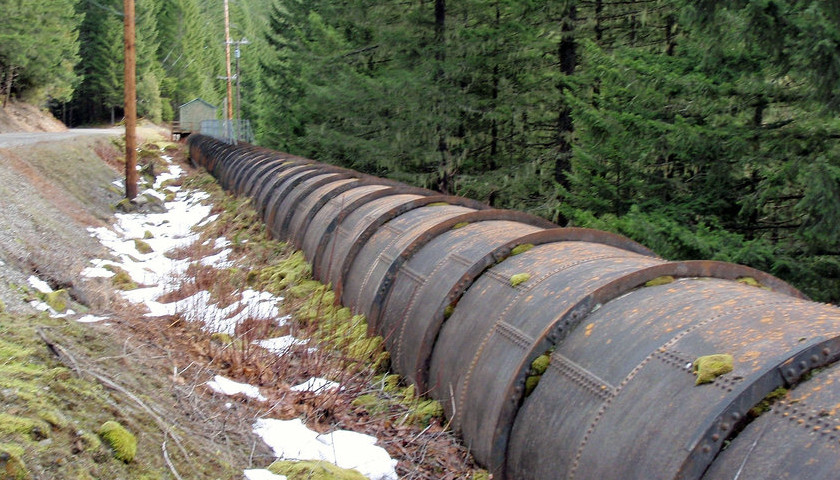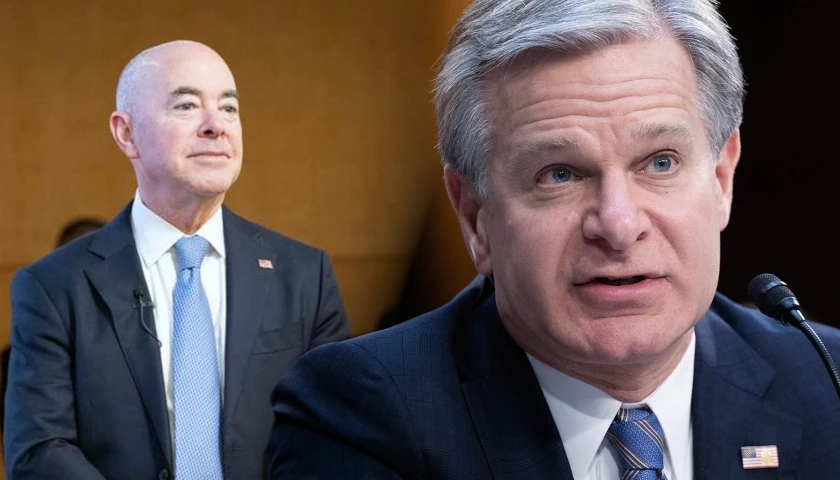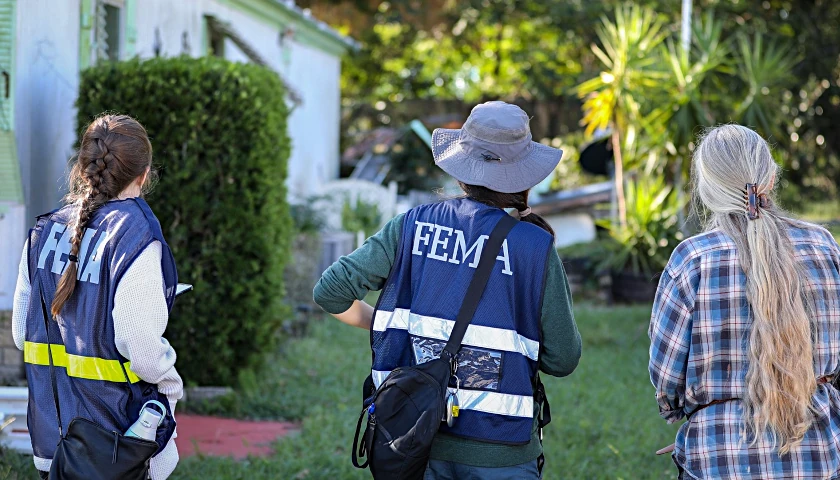Minnesota regulators unanimously approved Enbridge Energy’s proposal to begin construction on a replacement pipeline stretching across northern Minnesota, prompting public outcry across the state.
As The Minnesota Sun reported Friday, opponents of the project shut down a performance at Minneapolis’s Theater of Public Policy last week in response to the Public Utilities Commission’s vote to green-light the proposal.
One opponent of the project recently won a statewide election, and will be making her way to the State Capitol come January.
“This sort of tale is as old as time, that native people are disproportionately affected by companies who want to access natural resources,” Lt. Gov.-elect Peggy Flanagan said when the project was first being discussed, claiming that “there are no good routes” for the new pipeline.
But some in the Native American community actually approve of the project, including BioSeal, a 100-percent Native-owned construction company that built a segment of Enbridge’s Line 3 in 2017.
“If I can, I’m going to put Native help to work. That’s my goal, that’s what I’m hoping to do,” owner Gregory Parks said recently, and hopes to help with the project in Minnesota.
“I know being on these mainline pipelines and how safe they really are—it’s going to benefit our people, everybody’s people to move forward and make it a better place for everyone,” Parks added.
Acknowledging its strife with the Native American population, Enbridge has adopted an “Indigenous Peoples Policy” that establishes the company’s commitment to upholding the United Nations Declaration on the Rights of Indigenous People.
“Enbridge recognizes the diversity of Indigenous Peoples who live where we work and operate,” the policy states. “Positive relationships with Indigenous Peoples, based on mutual respect and focused on achieving common goals, will create constructive outcomes for Indigenous communities and for Enbridge.”
To Parks’ benefit, the company also claims it is “committed to doing business with Indigenous contractors and suppliers,” and supports employment and training programs for Indigenous people.
“The intent of this initiative is to provide opportunities for Indigenous-owned businesses to take part in and benefit from new Enbridge projects, initially through contracts in the construction phase of our projects,” its website states.
Enbridge hopes to complete construction of the pipeline by the end of 2019, according to Fox 9, but opponents are already threatening to take the case to the Minnesota Court of Appeals.
– – –
Anthony Gockowski is managing editor of The Minnesota Sun. Follow Anthony on Twitter. Email tips to [email protected]




